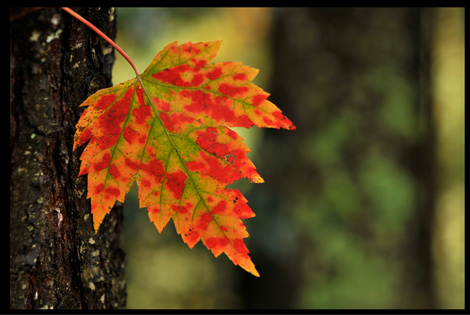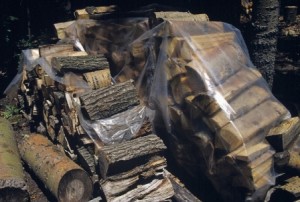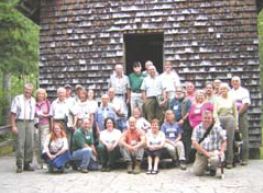 North Carolina’s fall foliage should put on a vivid show as it washes over the state this month. With color already beginning to pop in the western mountains, the foliage forecast is bright, says Dr. Robert Bardon, forestry and environmental resources professor at North Carolina State University.
North Carolina’s fall foliage should put on a vivid show as it washes over the state this month. With color already beginning to pop in the western mountains, the foliage forecast is bright, says Dr. Robert Bardon, forestry and environmental resources professor at North Carolina State University.
“The biggest thing to worry about is wet rainy weather that can dampen colors,” Bardon says. “If there’s enough wind and rain, trees can begin dropping leaves.”
Weather conditions so far and changes in day length have set the stage for the leaves to change color.
“Actually, many of the colors are already present in the leaves, but they’re masked by the green pigment, chlorophyll,” Bardon explains. “When the chlorophyll starts dissolving, the yellow and orange colors in the leaves become visible.”
The yellow and orange colors are the result of carotenoids, the same pigments that give carrots their color. Anthocyanin provides the rich reds that appear later in the growing season when warm sunny days lead to high concentrations of simple sugars that are trapped in leaf cells when night temperatures range from freezing to 45 degrees.
Variations in leaf colors are due to the mixing of varying amounts of the chlorophyll and other pigments in the leaf during the fall season. While leaves on poplars turn a consistent yellow, other trees, like sweetgum, have a huge variation in colors, from oranges to dark purples.
Bardon recommends taking time to enjoy the natural display, whether it’s on a drive through the Uwharries, a riverbottom hike in eastern North Carolina or a break on the back porch.
“What’s unique about our state is that we have colors across North Carolina, from the mountains to the coast,” says Bardon, who leads extension programs in the College of Natural Resources. “We have plenty of opportunities to see the colors throughout the state, and a somewhat longer season because of variations in elevations.”
– ford –
Media Contacts:
Dr. Robert Bardon, 919/515-5575 or rebardon@ncsu.edu
D’Lyn Ford, News Services, 919/513-4798 or dlyn_ford@ncsu





